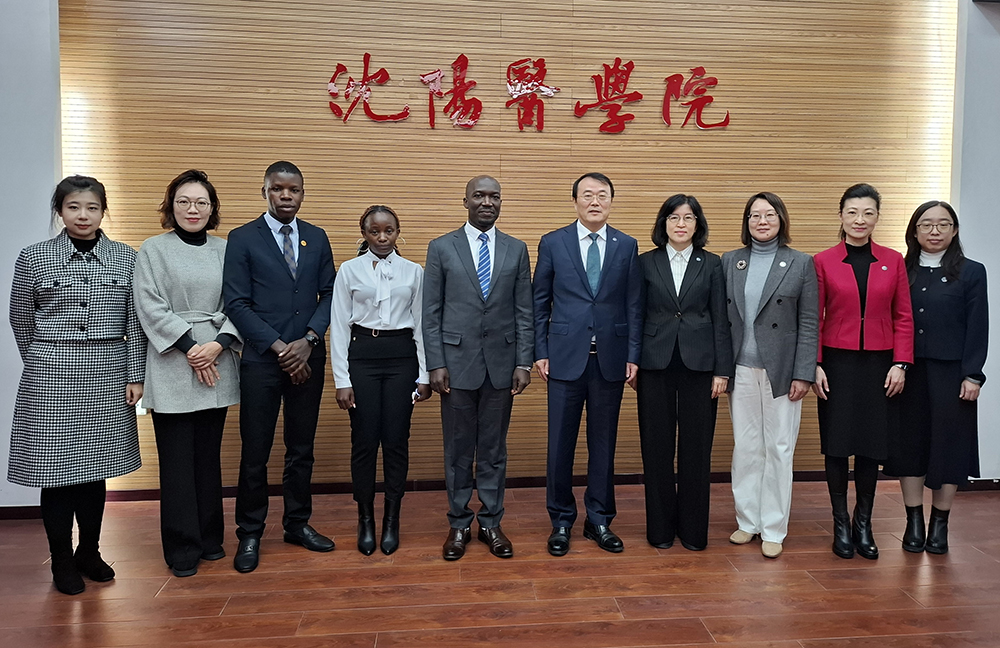URA says Only 3million pay taxes in Uganda out 9 million potential taxpayers

The Commissioner General of the Uganda Revenue Authority (URA) Mr. John Musinguzi Rujoki has highlighted the reluctant culture of tax payment in Uganda, with only 3 million out of over 9 million eligible Ugandans responding positively. Despite efforts to increase tax compliance and grow the taxpayer register, the dominance of the informal sector, which makes up 80% of the GDP, poses challenges. Limited knowledge about digitalization programs and infrastructural barriers further hinder tax collection.
The Commissioner General of Uganda Revenue Authority (URA), Mr. John Musinguzi Rujoki has revealed that although Uganda has over 9 million Ugandans eligible to pay tax, only 3 million respond in the affirmative. While addressing the media on Tuesday 30th May 2023 at the Uganda Media Center during the launch of the 2023-24 National Budget Month, Mr. Musinguzi said that the culture of paying taxes by Ugandans is still very weak.
He however noted that despite the weak culture of not paying taxes, year after year the number of registered taxpayers keeps on increasing.
“It is important to note that through various mechanisms, URA has grown the taxpayer register from 1,594,116 to 3,067,983 taxpayers in less than three years. It is, however, essential to note that the register is only 34 per cent of the 9 million Ugandans eligible to pay tax,” he said.
For the last three years, URA has automated the tax system to reduce corruption by increasing tax compliance and fostering public trust through better service delivery. Currently, tax procedures are clear and easy to understand. The number of taxpayers has somewhat increased as a result of taxpayers’ knowledge of tax laws and collection procedures, which has allowed them to understand their obligations.
However, despite these approaches, Uganda still has a robust informal sector that makes up much to 80% of the GDP, meaning that just 20% of the formal sector is required to pay taxes. This has the negative effects of overburdening taxpayers, encouraging tax evasion and avoidance, reducing the tax base, and enlarging the informality gap.
Latest research has revealed that despite government efforts, there is still little knowledge about technologies like the e-tax and other digitalization programs. Infrastructural barriers like poor internet and power access also hinder advances, and this has greatly contributed to the low tax payment rate.
Pauline Nakitende, a Research Associate at the Economic Policy Research Centre (EPRC), claims that the informal sector currently employs 91% of non-farm workers in Uganda, with young people (those between the ages of 18 and 30) making up 95% of those workers. This is a huge yet crucial issue since developing economies need to transform in ways that rely heavily on the 60% of skills that are created in the unorganized sector.
URA has implemented a variety of methods to close the deficit, including improving the use of the Electronic Fiscal Receipting and Invoicing System (EFRIS). intentional monitoring and enforcement of Digital Tracking Solution (DTS), enhanced service infrastructure and procedures, such as new payment methods, improving administrative steps to stop the accumulation of arrears. increasing taxpayer engagement and education.
Tujenge Buses, a mobile office, are used to register and educate individuals. Willing taxpayers, compliance initiatives (audits/vetting), targeted tax investigations, and improved technology in custom procedures all continue to benefit from alternative dispute resolution.
In response, Mr. Ramathan Ggoobi, Permanent Secretary and Secretary to the Treasury (PSST), Ministry of Finance, Planning and Economic Development, noted that URA and other tax collection authorities must be supported because the nation depends on them and when citizens don’t pay taxes, the nation will have to keep borrowing.
“Our emphasis in the next Financial Year is to help URA and other agencies in revenue collection to make sure that they can meet their target which is Shs29 trillion of which Shs27 trillion must come from tax collection therefore we need to support them. Ugandans need to support URA, if you know anybody avoiding taxes and is doing business report him/her. This is not a bad act, but you are helping your country because we need our tax base to increase so that we to reduce or stop borrowing,” said PSST Ggoobi.
As of the end of April 2023, the cumulative Revenue Performance for the Financial Year 2022–23 is as follows: When compared to the period from July to April of FY 2021–2022, the total net revenue collections were Shs19,388.05 billion, against a target of Shs19,945.44 billion, reflecting an increase of Shs2,124.79 billion (12.31%).
A gap of Shs557.40 billion and a performance of 97.21 percent have been recorded. URA estimates that this performance represents 77.08 percent of the official yearly target of Shs25,151.57 billion for FY 2022–23.
At the end of April 2023, there were Shs4,815.66 billion in arrears, of which Shs808.75 billion related to government obligations and arrears and Shs4,006.91 billion to non-government tax obligations.
By the end of April 2023, the administrative and policy changes made for the fiscal year 2022–2023 had generated cumulative net revenue gains of Shs1,083.79 billion, or 72.25 percent of the Shs1,500.00 billion yearly targets.







